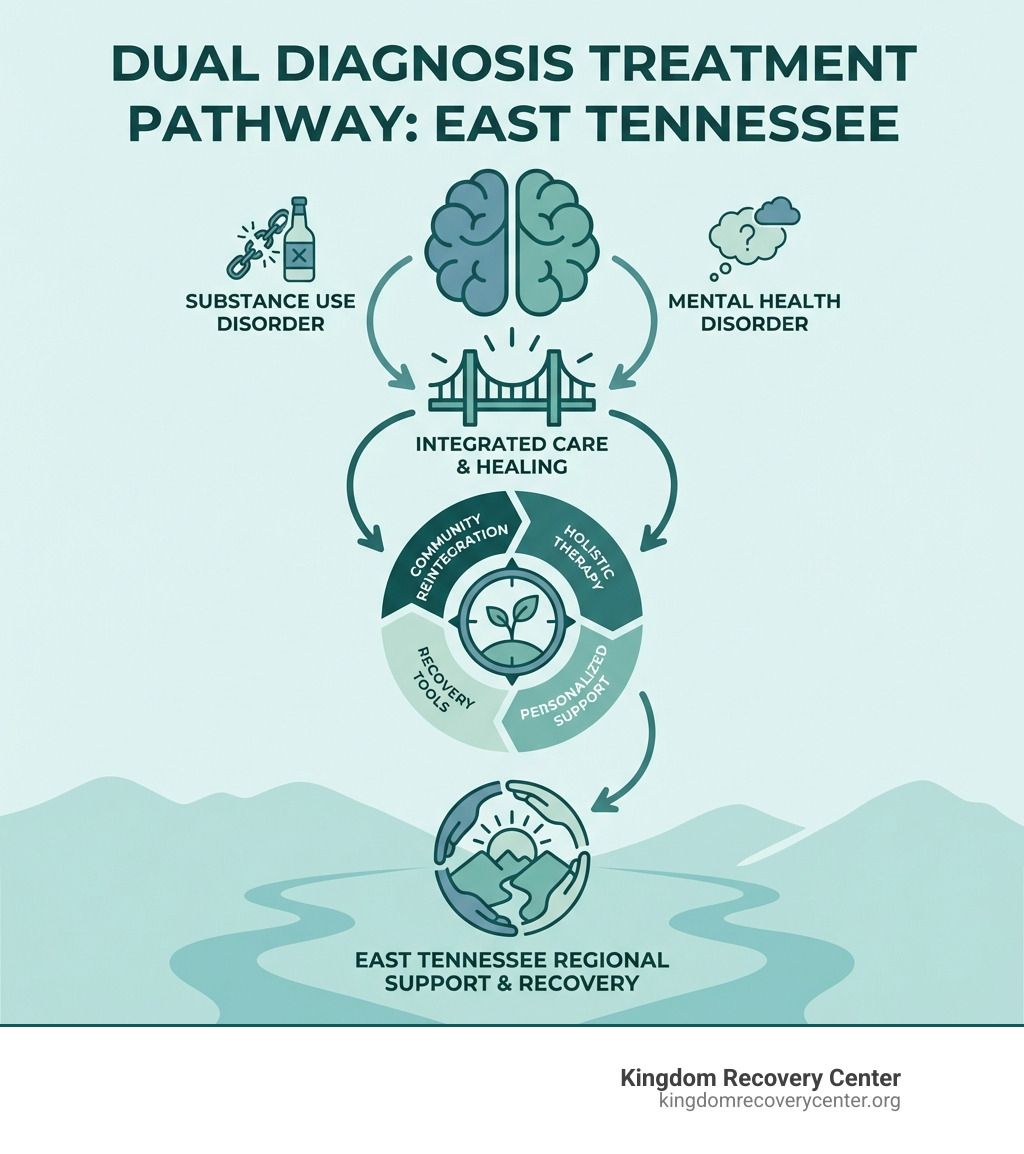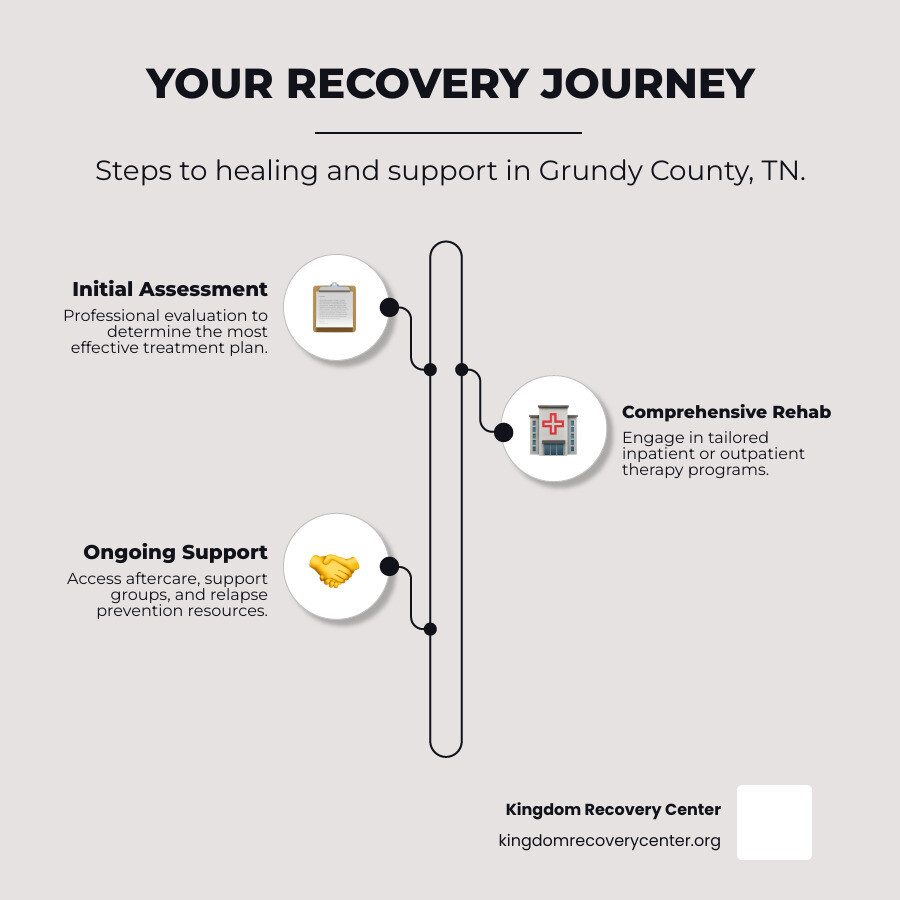
What to Expect From a Mental Health Partial Hospitalization Program in Tennessee
Are you searching for clear answers about a Mental Health Partial Hospitalization Program in Tennessee? This post gives precise insights into key services, the transition to additional care levels, and financial considerations. It addresses common confusion regarding program structure and cost, ensuring readers swiftly gain practical details. The content directly supports individuals seeking effective mental health treatment solutions, helping them make informed decisions.
Key Takeaways
- the center’s php program offers a daily structured schedule focused on recovery
- therapeutic sessions combine practical recovery techniques with hands-on care
- individual and group sessions support emotional stability and stress management
- medication management services complement personalized treatment and care plans
- post-program support assists patients in transitioning smoothly to outpatient care
What to Expect From a Mental Health Partial Hospitalization Program in Tennessee

This section outlines the structure of a PHP, describing a typical rehab environment. It highlights the daily schedule and activities that include art classes led by a health professional, and a philosophy of care that emphasizes practical recovery steps. Attention is given to managing transitions from the emergency department to a supportive care structure.
Understanding the Structure of a PHP
The PHP at Kingdom Recovery Center follows a structured routine designed to meet the diverse needs of every patient. The schedule incorporates specialized sessions that combine therapeutic activities with practical recovery measures, addressing issues such as benzodiazepine dependency and promoting stability for those with a history with the criminal justice system, whether residing in east tennessee or middle tennessee.
The program facilitates a smooth transition from the emergency department to a comprehensive care setting. Consistent routines and focused activities help patients build resilience and improve overall well-being, ensuring a strong support system that is responsive to the unique challenges faced by individuals across the region.
Daily Schedule and Activities in a PHP
The daily schedule in the PHP program is organized to include a mix of therapeutic sessions and practical recovery strategies, taking into account each patient’s medical history and life challenges. The routine emphasizes sessions where nursing professionals provide guidance on stress management and health care practices designed to improve sleep and overall well-being.
Each day features carefully structured activities focused on practical recovery steps, enabling patients to build resilience and regain stability. The integration of professional nursing care with structured sessions offers actionable insights on managing stress and prioritizing sleep, resulting in a supportive environment tailored to individual medical history and overall health care needs.
Key Services Offered in Mental Health PHPs in Tennessee

The PHP program incorporates specialized treatment through therapeutic interventions and group therapy, individual counseling, and goal setting. Medication management services also provide support, helping to address issues related to drug and alcohol use while adhering to treatment policies that mirror strict guidelines found in places like florida. These services offer clear pathways for recovery and stability.
Therapeutic Interventions and Group Therapy
Therapeutic interventions within the PHP program integrate evidence-based treatments that address symptoms of addiction and manage the risk of relapse. Group therapy sessions provide a setting for individuals to discuss challenges related to recovery, supported by professionals who encourage the use of music and exercise as part of coping strategies, mirroring successful practices even seen in programs from Georgia.
The approach emphasizes interactive group discussions where patients share personal experiences and practical strategies, ensuring that each member feels heard and supported. This collaborative environment, combined with targeted exposure to therapeutic techniques, assists individuals in reinforcing healthy habits and managing triggers related to addiction, ultimately supporting a robust recovery process.
Individual Counseling and Goal Setting
Individual counseling sessions provide patients with dedicated time to address personal challenges, including the effects of methamphetamine use, while developing measurable recovery goals. The program uses direct communication, often via email updates and feedback, to ensure patients in outpatient settings maintain consistent progress toward overall wellness.
Professional counselors collaborate with individuals to establish realistic objectives and strategies, occasionally drawing inspiration from success models like those seen at Pasadena Villa. This hands-on approach in an outpatient environment assists patients in managing recovery steps and improving daily habits, ensuring tailored interventions that support long-term success.
Medication Management Services
The program integrates medication management services into broader treatment strategies by aligning medication routines with therapy sessions, accurate diagnosis, and what-we-treat initiatives designed to address individual recovery needs. This integrated approach also emphasizes nutrition and life skills to support overall well-being while providing precise adjustments to medication plans as part of a comprehensive recovery strategy.
Medication management plays a pivotal role, ensuring that each patient receives tailored support that complements therapy, diagnosis, and what-we-treat protocols. The program focuses on measurable outcomes by incorporating nutrition and life skills education, thus establishing a practical framework for consistent progress and personal improvement.
Transitioning From PHP to Other Levels of Care

The program offers detailed post-PHP support options focused on coping strategies and goal setting. Criteria for moving to outpatient treatment include practical assessments and integration of expressive therapies and music therapy sessions. Patients benefit from clear guidance on payment and continuity of care, ensuring a smooth transition and sustained recovery efforts.
Post-PHP Support Options
The PHP program ensures that transitioning to other levels of care includes support options designed for maintaining hygiene and sobriety, addressing the concerns of both patients and their parents. The center promotes patient satisfaction through actionable strategies such as managing stimulant effects and educating patients on proper self-care routines.
Following PHP, the center provides structured follow-up support that includes guidance on stress reduction and healthy habits, directly benefiting patients seeking continued sobriety and well-being. This approach offers clear pathways that integrate practical insights, ensuring that both patients and parents have access to resources that boost patient satisfaction and long-term recovery management.
Criteria for Moving to Outpatient Treatment
The evaluation process for moving to outpatient treatment primarily considers the patient’s stability, ensuring that intense fear or anger does not interfere with progress. Patients with a history of prescription drug addiction must demonstrate sufficient control over their symptoms and show adherence to appointments, all while navigating health insurance requirements and meeting joint commission standards:
| Evaluation Aspect | Key Considerations |
|---|---|
| Emotional Stability | Manage fear and anger effectively |
| Medical History | Control over prescription drug addiction |
| Insurance Compliance | Verify health insurance parameters |
| Accreditation Standards | Meet joint commission guidelines |
The criteria also assess the patient’s readiness to assume self-management responsibilities following PHP. Clear communication with care providers regarding health insurance coverage, emotional management strategies, and adherence to treatment guidelines is essential for a successful transition to outpatient therapy.
Benefits of Engaging in a Tennessee Partial Hospitalization Program

The program offers a fresh approach to mental recovery by improving mental health stability and building a supportive community. Patients receive practical guidance at a trusted clinic, supporting various needs including postpartum depression. The following sections detail actionable strategies for recovery and community engagement, ensuring practical insights for sustained well-being.
Improving Mental Health Stability
The PHP programs at Kingdom Recovery Center focus on stabilizing the mind while addressing concerns such as suicidal ideation through structured therapeutic sessions and expert physician oversight. This structured approach, combined with real-time verification-of-benefits, allows patients to receive personalized care that builds emotional resilience and supports recovery goals.
The program maintains stability in mental health by integrating professional interventions with daily support activities that target both physical and emotional needs. Patients benefit from proactive care, where a physician regularly reviews treatment progress and adapts strategies to foster a balanced state of mind while minimizing triggers such as suicidal ideation.
Building a Supportive Community
The program promotes a supportive community that works to improve each patient’s mood and reduce instances of violence by providing daily sessions of guided meditation. Engaging in these activities helps individuals form strong bonds and encourages a sense of belonging that supports outpatient commitment and long-term recovery.
Group interactions and structured activities foster an environment where patients learn effective stress management strategies and coping skills. The community aspect of the PHP reinforces a culture of accountability and connection, which is essential for maintaining a steady mood and reducing the likelihood of violence during recovery.
Financial Considerations for Mental Health Treatment in Tennessee

The section covers health insurance coverage for PHP services and cost factors in Tennessee, including impacts on substance abuse treatment, art therapy sessions, medication protocols, and schizophrenia care. The discussion provides practical insights to help patients navigate php service expenses and optimize their treatment benefits.
Health Insurance Coverage for PHP Services
Health insurance coverage for PHP services in Tennessee is designed to support a broad range of mental health needs, from promoting positive behavior to integrating primary care and expert guidance. This coverage often includes benefits for sessions that focus on conflict resolution and peer support, ensuring that patients receive comprehensive resources and practical care:
| Coverage Aspect | Details |
|---|---|
| Behavioral Health | Support for structured therapy and expert-led sessions |
| Primary Care Integration | Involvement of primary care professionals in treatment planning |
| Peer Support Services | Facilitation of group sessions and conflict resolution training |
Patients can benefit from a system that collaborates closely with experts in the field, ensuring that mental health treatment remains accessible and efficient. The approach emphasizes tailored plans that address individual needs, promoting steady behavior management and offering clear pathways for improved mental health outcomes through recalibrated conflict resolution strategies.
Cost Factors for Partial Hospitalization in Tennessee
Partial hospitalization treatment in Tennessee typically involves structured sessions and a clear pricing model that reflects the program’s focus on addressing conditions such as opioid use disorder and depression treatment. Cost factors include assessments by a chief executive officer and health management professionals who ensure that each patient’s plan is tailored appropriately:
| Service | Description |
|---|---|
| Assessment Fee | Initial evaluation and care plan review by a chief executive officer |
| Therapy Sessions | Structured sessions addressing depression treatment and opioid use disorder |
| Follow-up Consultations | Ongoing health monitoring and adjustments |
Pricing structures in these programs mirror best practices seen in both Tennessee and north carolina, where cost transparency and outcome-based approaches drive patient satisfaction. The pricing model considers both the intensity of treatment and the individualized care required, ensuring that patients receive practical support from experienced health professionals.
Frequently Asked Questions About PHPs in Tennessee

Questions regarding the ideal candidate for a PHP, program duration, and necessary items for participation are addressed below. The content explains expectations for individuals in the United States, including veterans managing grief and opiate issues, and emphasizes the role of insurance in treatment planning. This section offers practical guidance on each topic.
Who Is an Ideal Candidate for a PHP?
An ideal candidate for a partial hospitalization program in Tennessee is someone who seeks structured, professional guidance as part of their overall mental health management. These candidates often benefit from the program’s blend of outpatient sessions and residential care outreach that offers hands-on support through verified telephone contacts and real-time updates shared via professional profiles on platforms like linkedin. They typically have a well-documented history of behavioral challenges and are prepared to engage actively in a comprehensive, multi-disciplinary recovery process.
Individuals drawn to this form of care generally require a focused environment to stabilize their condition and gain control over stressors complicating their daily lives. Prospective patients are expected to demonstrate a commitment to improving their overall health and well-being through proactive management strategies. The program in Tennessee is designed to serve those ready to embrace an organized schedule and benefit from the accountability provided by experienced healthcare providers through consistent follow-ups via telephone and other verified platforms.
How Long Does a Typical PHP Last?
At Kingdom Recovery Center, the PHP typically lasts several weeks, determined by careful evaluation that tailors the structure to the individual’s needs, including support for bipolar disorder. The program integrates therapy sessions with yoga and skill-building activities, with benefits often covered by medicare:
- Initial evaluation to pinpoint recovery needs
- Structured sessions focused on managing bipolar disorder
- Yoga classes for stress relief and well-being
- Skill-enhancement workshops to promote resilience
- Ongoing support with medicare considerations
The length of the program adjusts based on each patient’s progress and specific challenges, ensuring that consistent evaluations and targeted skill development lead to effective recovery outcomes. The approach provides practical examples that help patients understand how to manage their condition through both therapeutic and lifestyle modifications.
What to Bring When Attending a PHP?
Individuals attending a PHP are advised to bring essential personal items, such as necessary medications, nutritious food, and any documentation related to medicaid, which supports a smooth admission process at the hospital. Practical items like a mobile phone with access to instagram offer opportunities to stay connected while managing stress during the transition to care.
Patients are encouraged to prepare by organizing relevant personal records and items that help maintain stability, including food supplies for comfort and any medication details required by the hospital. This approach assists in minimizing stress and contributes to a structured recovery environment, ensuring that transitions to care run efficiently.
Conclusion
A mental health partial hospitalization program in Tennessee offers a structured, multifaceted treatment approach that addresses both physical and emotional well-being. The program integrates therapeutic sessions, individual counseling, and medication management to support patients in overcoming complex challenges. Clear transitions from emergency care to a supportive recovery environment empower individuals to regain control over their lives. This comprehensive structure equips participants with practical tools and a robust support network, reinforcing the value of specialized care in achieving lasting recovery.



